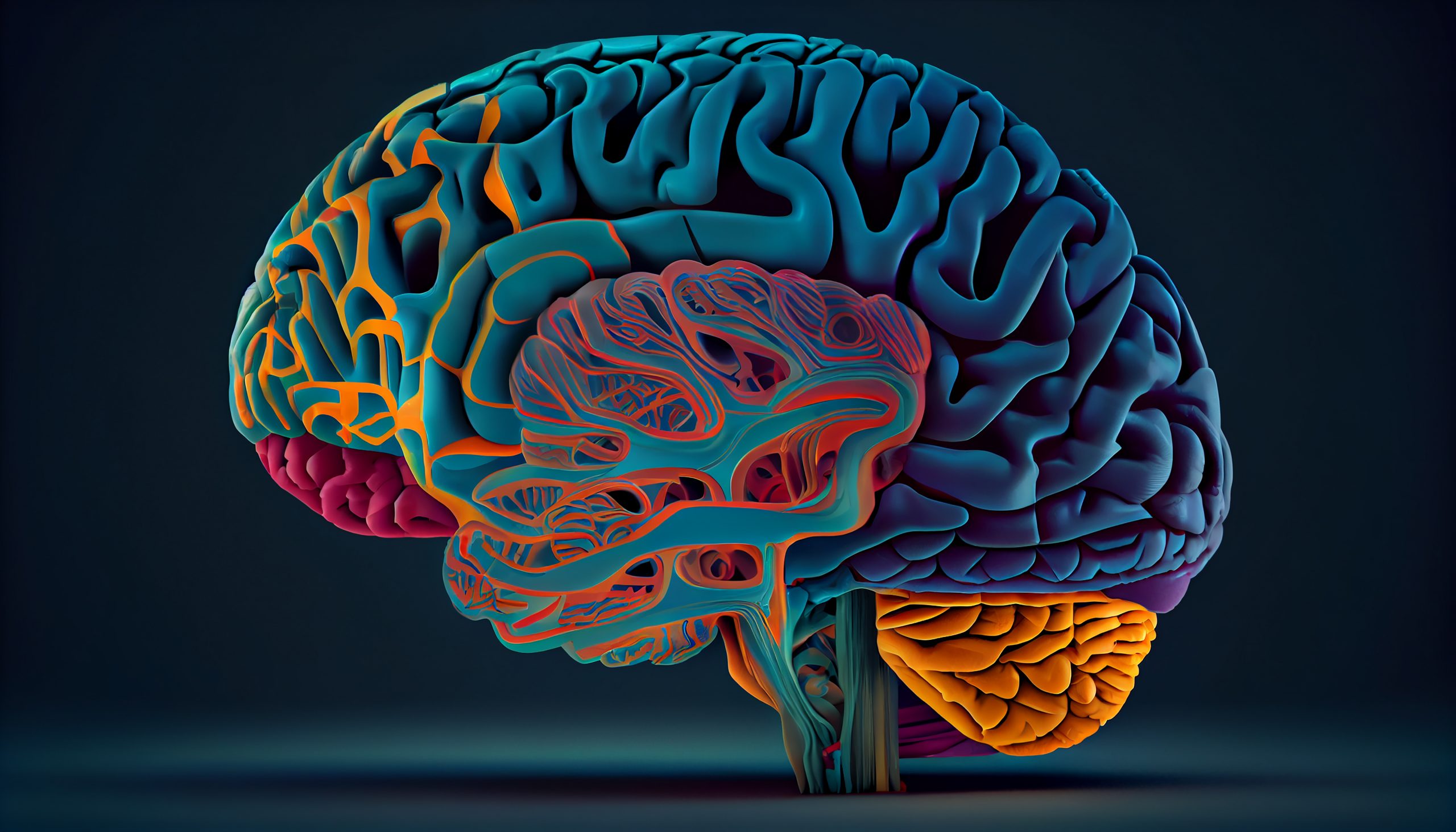
RECOGNIZING AND SUPPORTING COGNITIVE DECLINE IN LOVED ONES
As our loved ones gracefully age, witnessing some changes in their cognitive abilities is natural. However, differentiating between typical age-related memory lapses and potential signs of more significant decline can be challenging. This blog offers guidance and support to adult children and spouses caring for loved ones who might be showing early signs of cognitive decline.
EARLY WARNING SIGNS OF COGNITIVE DECLINE
Memory slips
Forgetting recent events, appointments, or familiar words more frequently than usual.
Challenges with daily tasks
Struggling with cooking, managing finances, or completing familiar routines.
Disorientation
Getting lost in familiar places, losing track of time, or having difficulty navigating directions.
Communication difficulties
Struggling to follow conversations, find the right words, or repeating themselves often.
Changes in mood and behavior
Becoming withdrawn, irritable, or experiencing personality shifts.
TAKING POSITIVE ACTION
Open communication
Have a gentle conversation with your loved one, expressing your concern and offering support.
Schedule an appointment
Encourage a visit to their doctor for a comprehensive evaluation to identify the cause of the decline.
Support and encouragement
Be patient, understanding, and help with daily tasks to maintain their independence.
Safety measures
Consider implementing safety measures like medication reminders, home modifications, and identification bracelets.
Connect with resources
Research local support groups, and talk with local assisted living and memory care communities.
Self-care for caregivers
Remember to focus on your own well-being, too. Seek support groups, therapy, or respite care to avoid caregiver burnout.
TAKEAWAYS
1) Early detection and intervention can significantly improve the quality of life for loved ones experiencing cognitive decline.
2) A diagnosis is not the end of the road. Numerous resources, communities and support networks are available to help your loved one thrive.
3) Focus on creating positive experiences, fostering meaningful connections, and celebrating cherished moments with your loved one.
CONSIDER THE CLUB AT BOYNTON BEACH FOR MEMORY CARE FOR YOUR LOVED ONE
Supporting a loved one through cognitive decline is a journey, and you do not have to be alone. There are countless resources and dedicated assisted living and memory care communities, like The Club at Boynton Beach, available to offer guidance and understanding.
Our boutique-style assisted living and memory care community in Boynton Beach, Florida, boasts upscale private apartments focused on health and wellness, advanced technology, dedicated staff, thoughtful services and amenities, quality construction and modern design. Our purpose is to provide residents a purpose-filled lifestyle with unparalleled care, including dementia care, Alzheimer’s care, so that they may thrive. Contact us to learn more, schedule a tour, or call (561) 783-3620.